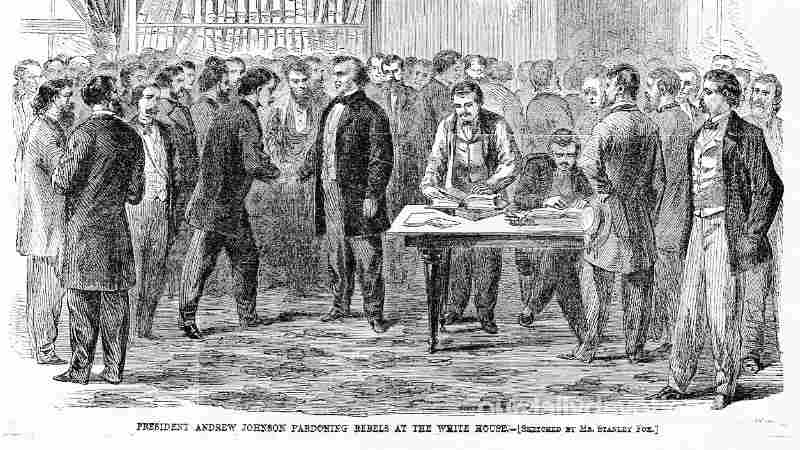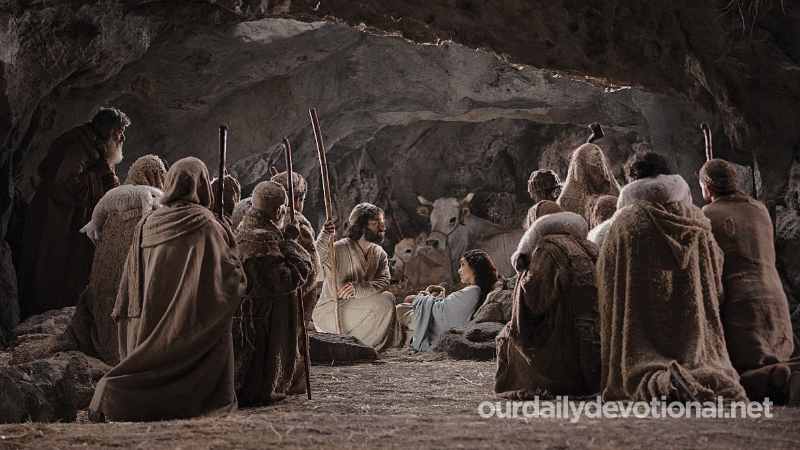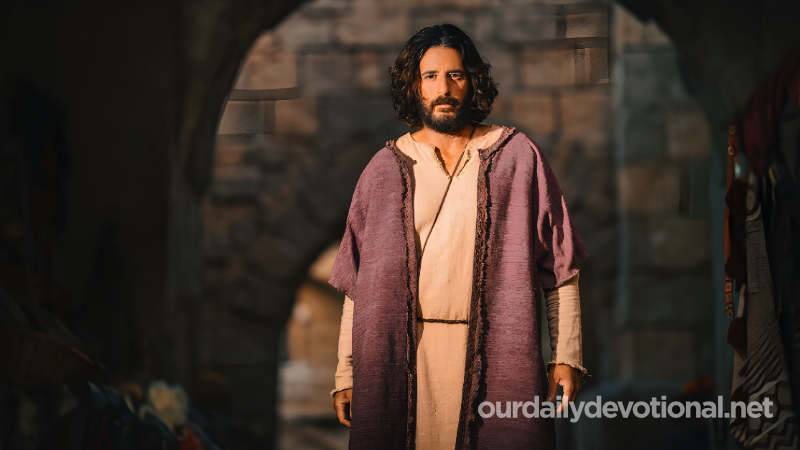(Heb. "talmudic", derived from the Gr. "synedrion": council, court).
Jewish government body. The Persians gave the Jews the right to judge their own disputes (Ezra 7:25, 26; 10:14).
The fall of the Persian empire did not mean the loss of this privilege. There was a governmental council called the "gerousia," or senate (Ant. 12:3, 3), a kind of national assembly (1 Mac. 12:6); It was made up of elders (cf. 1 Mac. 14:20).
This council represented the Jewish nation (1 Macc. 12:3) and joined with Jonathan, the high priest, to make an offensive alliance with Sparta.
Jonathan summoned the elders to consider with them the construction of fortresses in Judea and the strengthening of the walls of Jerusalem (1 Mac. 12:35; cf. 13:36; 14:20, 28 and 47).
Under Gabinus, proconsul of Syria (57-55 BC), Judea was divided into 5 districts, each of them depending on a "synedrion" or "synodos", that is, a council or sanhedrin (Ant. 14:5, 4 ; Wars 1:8, 5).
From then on, the highest authority in Jerusalem became the sunedrion, which however did not eliminate the gerousia. However, that arrangement did not last long. In the year 47 BC, Caesar once again extended the jurisdiction of the Sanhedrin of Jerusalem to all of Judea (cf. Ant. 14:9, 3-5).
At the beginning of his reign, Herod had 45 members of the Sanhedrin put to death (Ant. 14:9, 4; 15:1, 2), but he did not suppress the council (Ant. 15:6, 2).
Under the Roman procurators, from AD 6 to 66, the powers of the Sanhedrin were expanded. According to Jewish sources, this assembly was composed of 71 members (cf. the mock Sanhedrin, Wars 4:5,
4). Only Israelites of indisputable lineage could be chosen. The number of 70 probably corresponded to the seventy elders appointed to collaborate with Moses. The additional member was the high priest, who served as president.
The Sanhedrin was the supreme court, having powers of life and death (Ant. 14:9, 3 and 4; Mt. 26:3, 57; Acts 4:5, 6, 15; 5:21, 27, 34, 41; 6:12, 15; 7:1; 23:2); but it is evident that under the Roman Empire the capital sentence was not to be carried out except with the consent of the Roman authorities.
The Sanhedrin dealt in a general way with what concerned government and justice, to the extent that they did not have to resort to procurators or their subordinates (cf. Acts 22:30).
In the time of Florus, leaders and counselors personally went to the towns to collect taxes (Wars 2:17, 1).
The Sanhedrin had its own police force and the right to arrest people (Mt. 26:47; Mark 14:43). The Lord Jesus was judged by the Sanhedrin (Mt. 26:59; Mark 14:55; 15:1; Luke 22:66; John 11:47).
Peter, John and the other apostles had to appear before this council (Acts 4:5, 6, 15; 5:21, 27, 34, 41). Stephen was brought before the Sanhedrin (Acts 6:12), as was Paul (Acts 22:30; 23:15; 24:20).
The Sanhedrin ceased to exist with the destruction of Jerusalem.
The members of the Sanhedrin were the high priests (in office or who had held office, along with members of their privileged families), elders (heads of tribes, families, priestly orders), scribes (legal advisors or doctors of the Law), Pharisees and Sadducees (Acts 4:1 ff.; 5:17, 34; 23:5, 6). There were, in addition, officers (Mark 14:65; Jn. 18:22).
The Sanhedrin appears to have met in the building called the "council house," located to the west of the Temple, near the gymnasium (Wars 5:4, 2). At least that was the case, according to Josephus, in the last years of the Jewish state.
According to the Mishna, at first the assemblies were held in one of the rooms that overlooked the inner courtyard of the Temple. It also appears that in urgent cases the council met in the house of the high priest (Mt. 26:3, 57; Mark 14:53).
Meaning of SANHEDRIN
(Heb. "talmudic", derived from the Gr. "synedrion": council, court).
Jewish government body. The Persians gave the Jews the right to judge their own disputes (Ezra 7:25, 26; 10:14).







